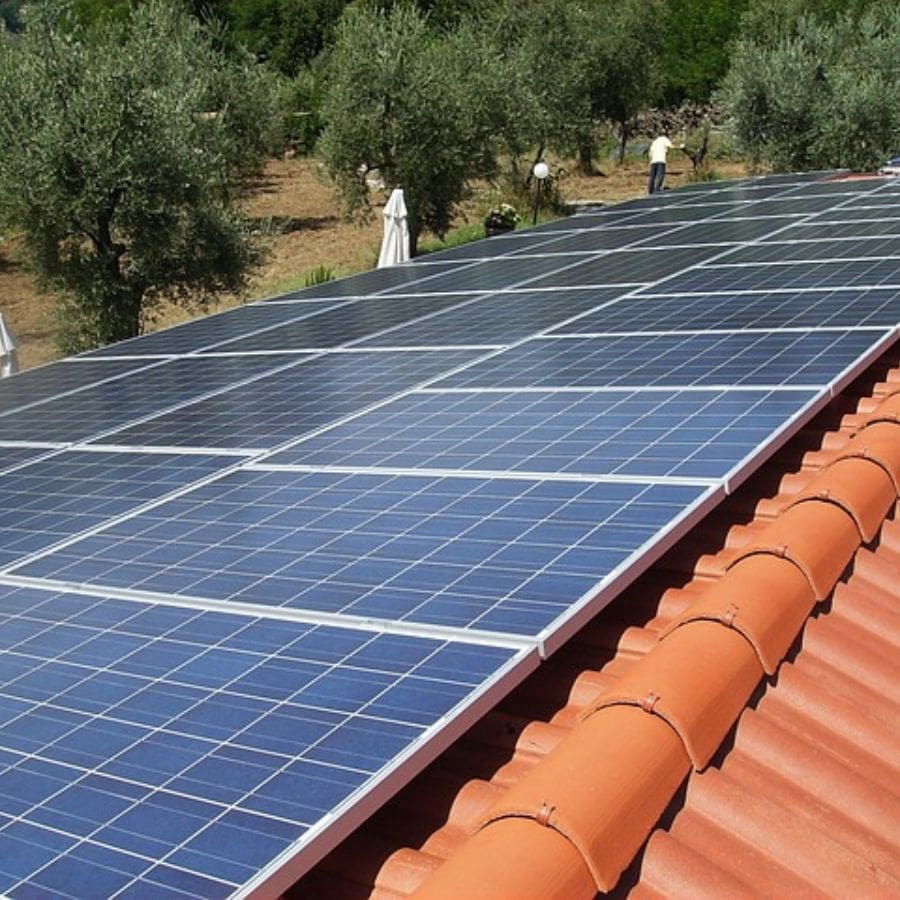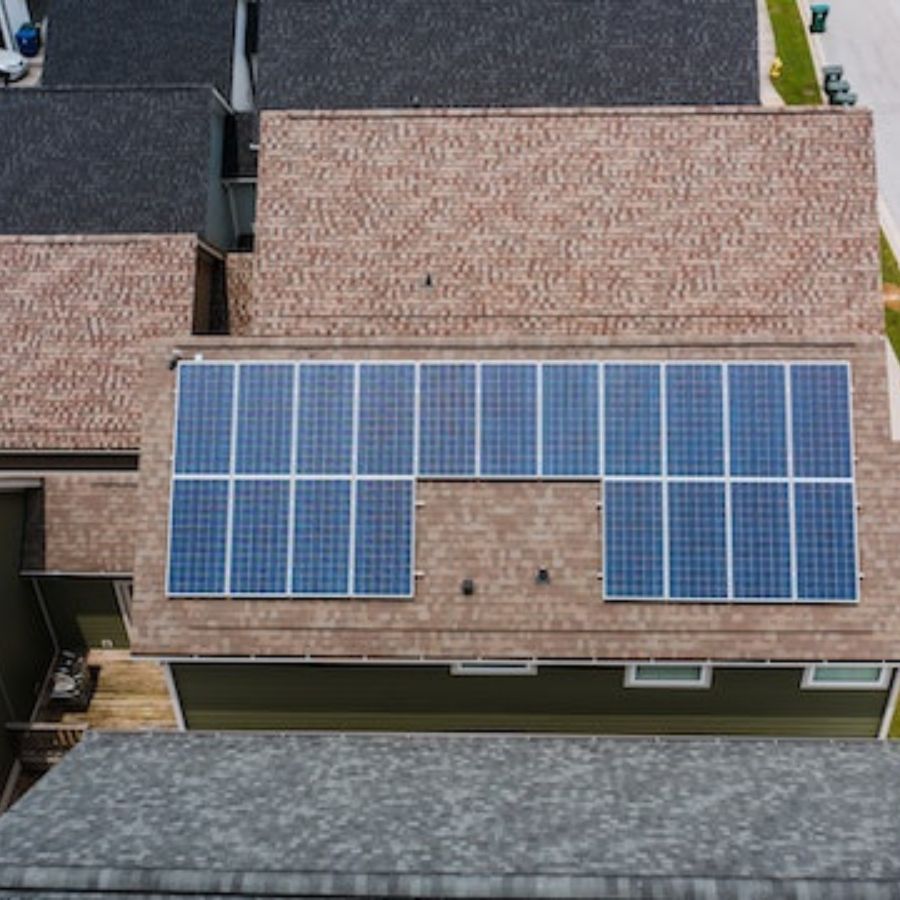For many residents in British Columbia, the question, “How much electricity does a house use in BC, Canada?” often floats around in discussions about energy usage. The answer can vary significantly based on the household’s type, size, and usage habits. However, BC’s average household electricity consumption is about 11,000 kilowatt-hours (kWh) per year.
Let’s embark on a comprehensive journey to understand the specifics of electricity consumption and what factors contribute to it. We will delve deeper into what influences these electricity bills, how to calculate your usage, and ways to reduce it.
Unravelling Average Household Electricity Consumption in BC

The average power usage for a household in BC can range from 7,000 to 17,000 kWh annually. This range considers factors such as the number of occupants, the energy efficiency of appliances, and the home’s overall energy usage habits. Each residential utility customer in BC uses around 900 kWh per month.
Breaking Down the Energy Consumption
To further understand how much electricity a house uses, it’s crucial to consider where this energy goes. The average electricity consumption often helps with space heating, water heating, appliances, lighting, and other electronics.
Space heating is usually the most energy-consuming, accounting for about 60% of total energy consumption in many homes. The energy required can vary greatly depending on whether you’re generating hot or cold air, the home’s insulation, and the heating system’s efficiency. Conversely, water heating can represent about 20% of a home’s average power consumption. The remainder is typically split between appliances (14%), lighting (5%), and other electronics (1%).
Factors That Affect Your Home’s Energy Usage
A plethora of factors influence energy consumption in a home. These factors contribute to the fluctuation of your electricity bills and are crucial in dictating the average home power usage. By understanding these factors, you can take active steps to reduce your electricity usage and consequently lower your average electricity consumption.
Size and Type of Your Home
The physical size of your home can significantly impact how many kWh of electricity you use annually. A larger home will require more heating and cooling energy than a smaller one. Similarly, the type of your home can affect your energy usage. For instance, detached homes usually have higher energy consumption as they are exposed to outside temperatures on all sides, increasing the need for heating or cooling.
Number of Occupants
The number of people living in your home can also influence your average energy consumption. More occupants typically lead to higher energy usage due to increased heating, cooling, and general appliance use requirements.
Efficiency of Appliances
The efficiency of the appliances in your home can significantly affect your electricity bills. Older appliances tend to be less energy-efficient, consuming more electricity for the same tasks than newer, energy-efficient models.
Energy Habits
Your household’s energy habits also impact your energy consumption. It can include how often and at what temperature you heat or cool your home, how many lights you have on, and for how long. Furthermore, it can also include how often you use high-energy-consuming appliances like the oven or the dryer.
Climate and Weather
Climate and weather can significantly impact how many kWh of electricity your home uses. Homes in areas with extreme cold or hot temperatures may use more energy for heating or cooling.
Insulation Quality
The quality of your home’s insulation can significantly determine your average home power usage. Poor insulation can allow for more rapid heat loss or gain, causing your heating or cooling systems to work harder and thus consume more energy.
Understanding the factors affecting your home’s average energy consumption can empower you to make informed decisions about average energy consumption. Adopting energy-saving habits, investing in energy-efficient appliances, and improving insulation can lower energy bills and contribute to a more sustainable future.
Tips for Reducing Your Home Energy Usage

Managing and reducing home energy consumption can be a practical way to save money and contribute to a more sustainable environment. Here are several detailed strategies that you can employ to cut down on energy use:
Invest in Energy-Efficient Appliances
As previously mentioned, energy-efficient appliances can significantly reduce your energy consumption. Be sure to search for the Energy Star label when purchasing new appliances. Energy Star-rated devices meet strict efficiency guidelines set by the U.S. Environmental Protection Agency and the Department of Energy. These appliances, though sometimes more expensive initially, will often save you money in the long run due to their reduced electricity usage.
Install a Programmable Thermostat
A programmable thermostat allows you to set your home’s temperature for different times and days of the week. You can significantly cut your energy bills by automatically lowering the heat or raising the air conditioning when you’re away or asleep.
Seal and Insulate Your Home
Proper sealing and insulation can keep warm air in during the winter and out during the summer. Again, this reduces the workload on your heating and cooling systems, thus saving energy. Pay particular attention to areas like your attic, windows, doors, and walls where warm air might escape.
Use Energy-Efficient Light Bulbs
Switching from traditional incandescent light bulbs to energy-efficient options like LEDs or CFLs can dramatically reduce your home’s energy consumption. These energy-efficient bulbs use a fraction of the electricity and last significantly longer, saving you money in the long run.
Unplug Electronics
Many electronics continue to draw power even when turned off, a phenomenon known as ‘vampire power.’ Unplug electronics like chargers, TVs, and computers when not in use, or consider using power strips with on/off switches to make it easier to cut power to multiple devices at once.
Use Energy Wisely
Simple habits like turning off lights when you leave a room, only running dishwashers and washing machines with full loads, and air drying clothes when weather permits can add to significant energy savings over time.
Consider Renewable Energy Sources
If feasible, consider installing solar panels or a small wind turbine. These renewable energy systems can offset some or all of your home’s electricity usage, and excess power can often be sold back to the grid, further reducing your energy bills.
Regular Maintenance
Regularly maintaining your appliances can also improve their efficiency. For example, cleaning the filters in your air conditioner and dryer, defrosting your freezer, and servicing your heating system can all help these appliances run more efficiently.
Remember, understanding how much energy a house uses in BC, Canada, doesn’t just help with budgeting and managing energy bills. It’s also an essential part of the global conversation about energy conservation and the role each residential utility customer can play in that.
Adopting energy-efficient practices and investing in energy-efficient appliances are effective ways to use less energy. Even small changes in your daily habits can substantially impact your average annual electricity consumption.
Bottom Line
In conclusion, while the average household in BC consumes about 11,000 kWh of electricity per year, there’s a lot you can do to lower this number. By understanding where your energy goes and adopting energy-saving measures, you can promote a more sustainable future while saving on your energy bills.


Leave a Reply